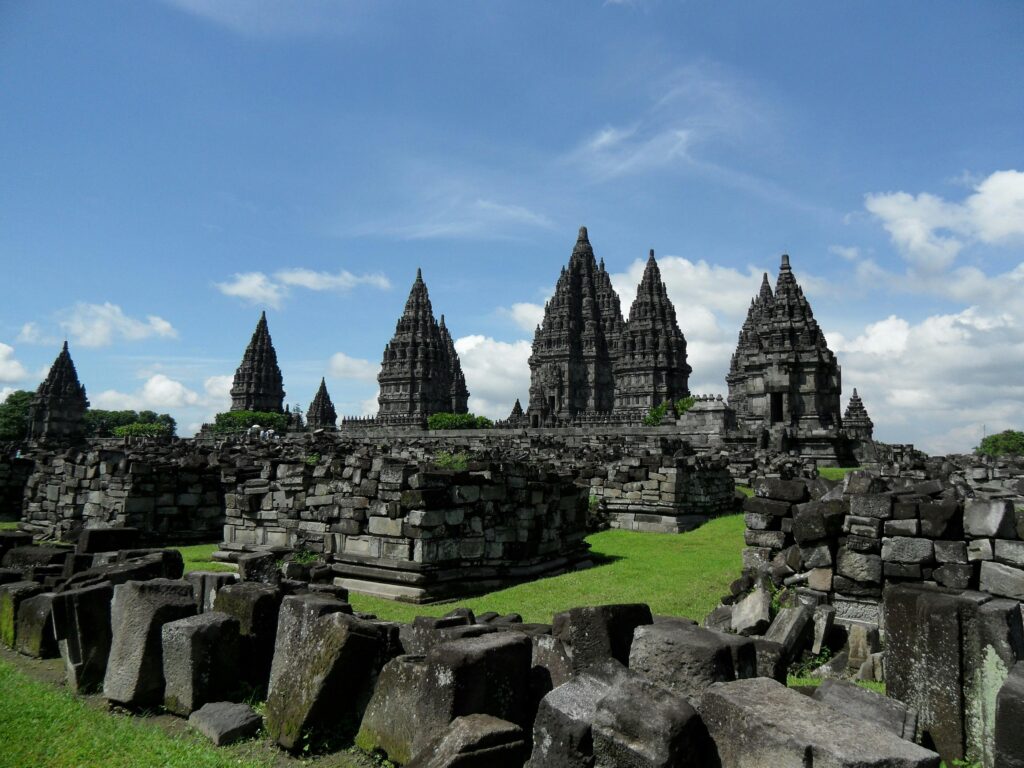Religion and Spirituality offers different paths to truth, life purpose and spiritual journey. Though both religion and spirituality have almost same goals but paths are different. The difference between spirituality and religion is nuanced and often depends on individual perspectives and experiences.

Religion encompasses broad spectrum of beliefs and practices related to divine. It typically involves worship, ethical guidelines, and a sense of community. Major world religions include Christianity, Islam, Hinduism, Buddhism, and Judaism among others. Every religion follow different path and have their own beliefs. Religion often have sacred scriptures, texts and holy books i.e. Bhagwat Geeta, Vedas, Bible etc.

Religion
Structured beliefs and Practices– Religion typically involves structured set of beliefs, rituals, practices and have small or large community of followers. It often includes established doctrines, moral codes and organistaions.
Community and Worship– According to religious traditions, we must have some formal places of worship (such as temples, church) and have organised routine following certain rituals like prayers, chanting etc. They often emphasize mutual practices and shared beliefs.
Authority and Tradition– Religion often have leaders who interpret sacred text and scriptures. They usually guide and enlighten. There is usually a strong emphasis on tradition and continuity of practices and teachings.

Spirituality
Personal Experience- Spirituality is more individualised and subjective concept. It is basically focus on individual personal experiences, connection with higher self, intuition and alignment with universe.
Flexibility– Spirituality tends to be less structured and formal than religion. It allows for a wide range of beliefs and practices and can be more fluid, incorporating elements from various traditions or entirely new practices.
Inner work– Spirituality put more emphasis on deep shadow work, personal growth, self-discovery, and inner peace. It might involve practices like meditation, mindfulness, or personal reflection, aimed at enhancing one’s inner life.
Integration: Many people who identify as spiritual but not religious may draw from religious teachings or practices without adhering to a specific religion. They might explore different spiritual paths and integrate them into their personal lives.
Interactions Between Spirituality and Religion
Complementarity: Spirituality can complement religion by providing a personal, internal aspect to the formal practices and communal aspects of religion. For example, meditation or contemplative prayer can enhance one’s religious experience.
Overlap: Many people find that their spirituality is deeply intertwined with their religious practices. For instance, within a religion, individuals might experience personal spiritual growth and find meaning through its rituals and teachings.

Religion and spirituality each offer unique ways of understanding and experiencing the transcendent or sacred aspects of life. Religion provides structure, community, and tradition, while spirituality emphasizes personal experience and growth. By following integrated approach we can combine both religion and spirituality and have that balance which leads us to our divine spiritual path.